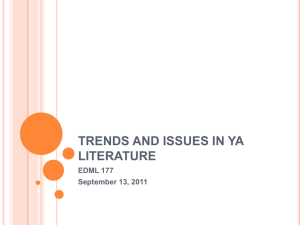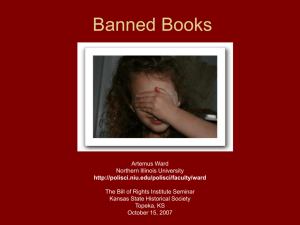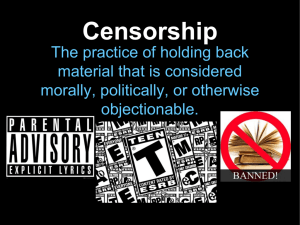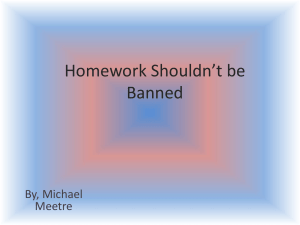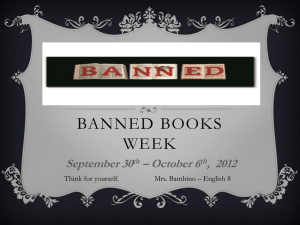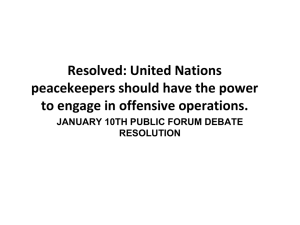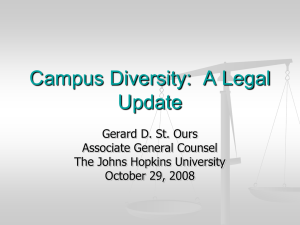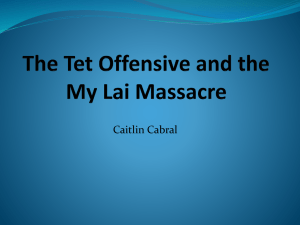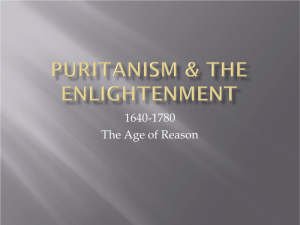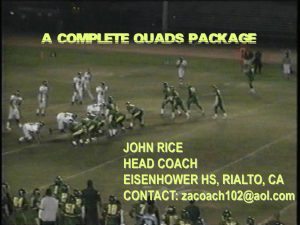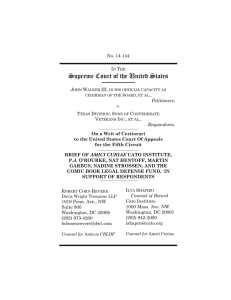Banned Books
advertisement
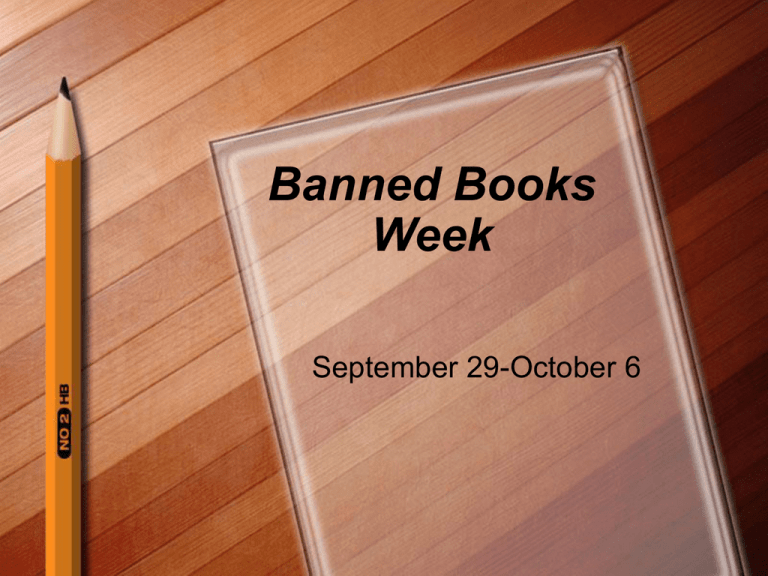
Banned Books Week September 29-October 6 What is a banned book? Books usually are challenged (and then banned from libraries or schools) with the best intentions: to protect others, frequently children, from difficult ideas and information. Why are books banned? The top three reasons, in order, for challenging material are that the material is considered – to be sexually explicit – to be contain offensive language – to be unsuited to age group Top Ten Most Challenged Books 2006 And Tango Makes Three by Justin Richardson and Peter Parnell homosexuality anti-family unsuited to age group Gossip Girls series by Cecily Von Ziegesar homosexuality sexual content drugs unsuited to age group offensive language Alice series by Phyllis Reynolds Naylor sexual content offensive language The Earth, My Butt, and Other Big Round Things by Carolyn Mackler sexual content anti-family offensive language unsuited to age group The Bluest Eye by Toni Morrison sexual content offensive language unsuited to age group Scary Stories series by Alvin Schwartz occult/Satanism unsuited to age group violence Insensitivity Athletic Shorts by Chris Crutcher homosexuality offensive language The Perks of Being a Wallflower by Stephen Chbosky homosexuality sexually explicit offensive language unsuited to age group Beloved by Toni Morrison offensive language sexual content unsuited to age group The Chocolate War by Robert Cormier sexual content offensive language violence Other Challenged/Banned Books Lord of the Flies by William Golding Harry Potter by JK Rowling The Adventures of Huckleberry Finn by Mark Twain Of Mice and Men by John Steinbeck The Giver by Lois Lowry Go Ask Alice by Anonymous The Outsiders by SE Hinton A Light in the Attic by Shel Silverstein Why should we care? Banned Books Week (BBW) celebrates the freedom to choose or the freedom to express one’s opinion even if that opinion might be considered unorthodox or unpopular and stresses the importance of ensuring the availability of those unorthodox or unpopular viewpoints to all who wish to read them. First Amendment: Freedom of Speech Supreme Court Justice William J. Brennan, Jr., in Texas v. Johnson, said most eloquently: If there is a bedrock principle underlying the First Amendment, it is that the government may not prohibit the expression of an idea simply because society finds the idea itself offensive or disagreeable. First Amendment Congress shall make no law respecting an establishment of religion, or prohibiting the free exercise thereof; or abridging the freedom of speech, or of the press; or of the people peaceably to assemble, and to petition the Government for a redress of grievances. First Amendment: Freedom of Speech Supreme Court Justice William O. Douglas (The One Un-American Act." Nieman Reports, vol. 7, no. 1, Jan. 1953, p. 20)said: Restriction of free thought and free speech is the most dangerous of all subversions. It is the one un-American act that could most easily defeat us. Writer’s Notebook In your writer’s notebook, write a letter to our principal (Mr. Graham), our librarian (Ms. Faith), or the editor of the Anchorage Daily News explaining what the first amendment of free speech means to you and how challenged/banned books might undermine our freedom of speech. If you can, mention a banned book that you have read and enjoyed.
